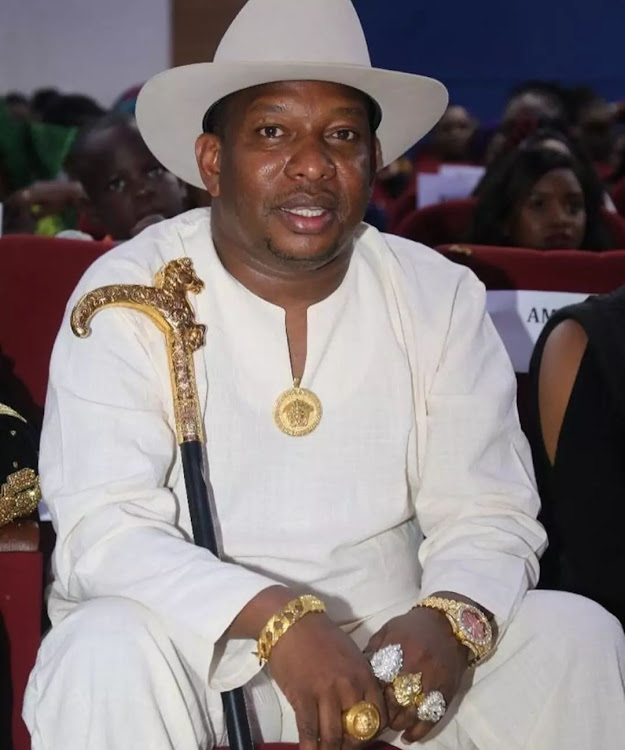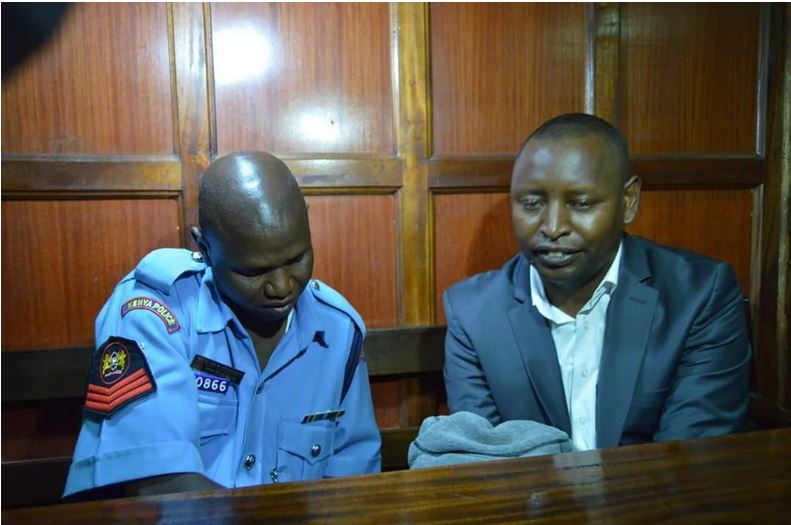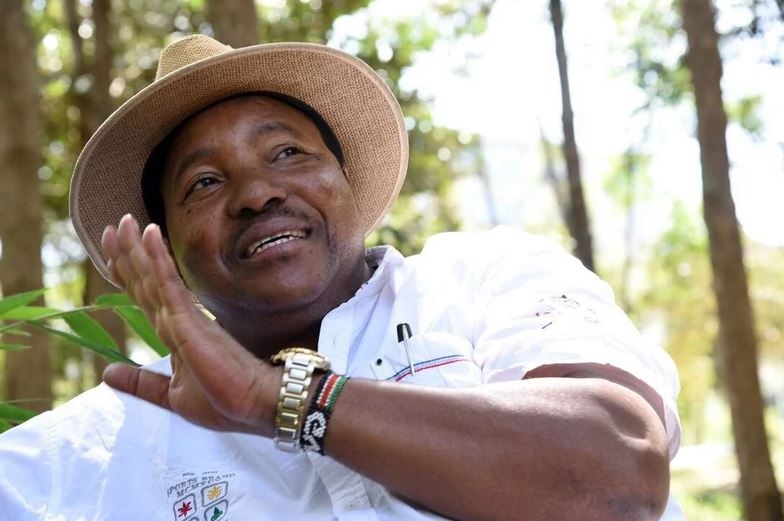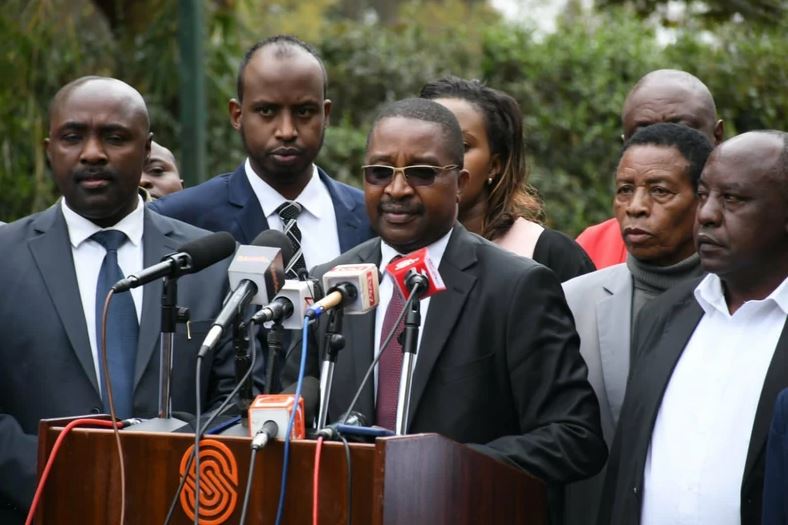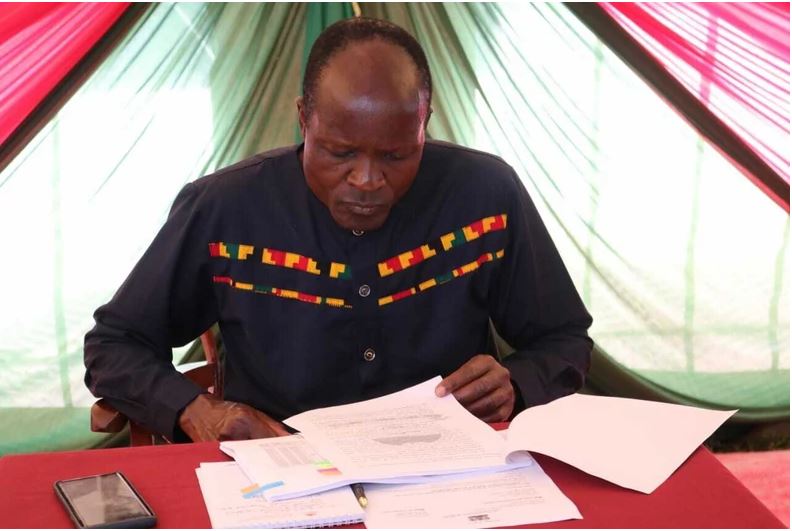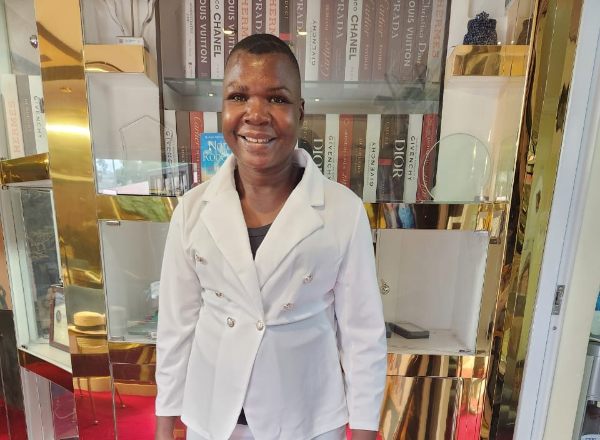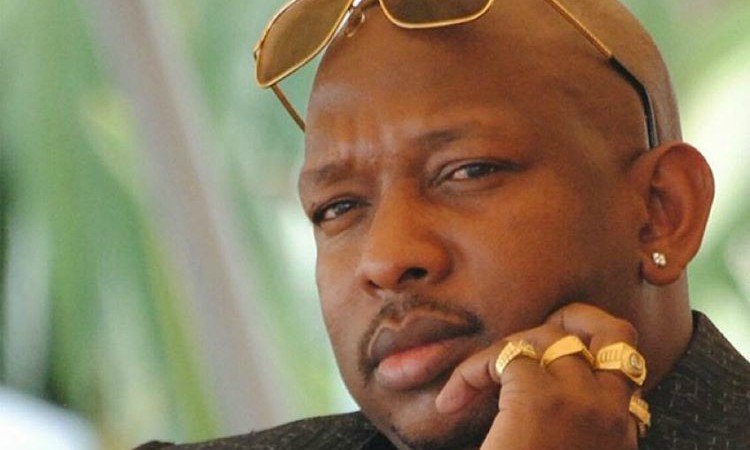Former Nairobi Governor Mike Sonko has stirred public debate by calling for mandatory DNA testing for all newborns in Kenya, igniting widespread reactions across the country. His proposal, shared via X (formerly Twitter) on July 13, 2025, touched on the growing and often controversial discourse surrounding paternity, family responsibility, and the emotional toll of paternity fraud.
“I think DNA tests should be compulsory after birth,” Sonko posted bluntly.
Though he did not elaborate further in the post, the suggestion immediately polarized public opinion online.
Supporters: Truth, Fairness, and Emotional Protection
A section of Kenyans applauded Sonko’s idea, arguing that it would protect men from deception, ensure accountability, and safeguard the emotional and financial well-being of families.
One user, Yali Kilifi (@YaliKilifi), remarked,
“Lying to a man about a child’s paternity is emotional abuse. It steals his money, his time, and his love, and replaces it with betrayal.”
Another, Brian (@BreakTheKnown), added,
“Certainty protects everyone. Fathers, mothers, and especially the child. Trust is good, but verification can prevent lifelong pain.”
Some users proposed practical steps to implement Sonko’s idea, such as offering the tests free of charge in public hospitals. Others, like Building Technologist (@CPM_Mutuse), emphasized the potential for such testing to solve longstanding “family mysteries.”
Critics: Ethics, Religion, and the Erosion of Trust
On the other hand, many criticized the proposal as intrusive, morally ambiguous, or potentially destructive to families.
Uncle Dee (@alexanderdedan) warned,
“Not everyone is ready for the truth, and forcing it could do more harm than good.”
K.K. Stanley (@Dual_KK) raised concerns about trust in marriage, asking,
“After doing the DNA test, you still trust your wife?”
Some voiced religious objections, such as MIATO TECHNOLOGIES (@MiatoTechnolog), who questioned the sanctity of the practice, calling DNA testing “unGodly.”
Others took a humorous or dismissive tone, with @carol_Gift2016 joking,
“Nani amechesa huyu? 😂” (Swahili for “Who tricked this one?”), while @_Sakko quipped,
“I’d rather never know the truth.”
Sonko’s History With DNA Testing
This is not Sonko’s first public foray into DNA-related discussions. In 2015, he voluntarily underwent a DNA test to resolve a paternity case. More recently, in January 2024, he publicly invited women who claimed to have children with him to come forward for testing, expressing a personal interest in identifying all his biological children.
His latest call for a nationwide policy shift reflects a more systemic approach, suggesting that what began as a personal concern has evolved into a broader advocacy effort.
The Broader Context in Kenya
Paternity disputes are not new in Kenya. Courts frequently deal with cases where DNA evidence becomes the key determinant in child custody, maintenance, and inheritance matters. These disputes have highlighted the emotional and financial strain on men raising children who turn out not to be biologically theirs, and on children caught in the crossfire.
Still, questions remain about the legal, ethical, and societal implications of enforcing DNA tests at birth. Would such a policy violate privacy rights? Could it destabilize families? What safeguards would need to be in place?
While Sonko’s proposal is far from being a legislative reality, it has reopened a national conversation that touches on the delicate intersections of truth, trust, and family in modern Kenyan society.


